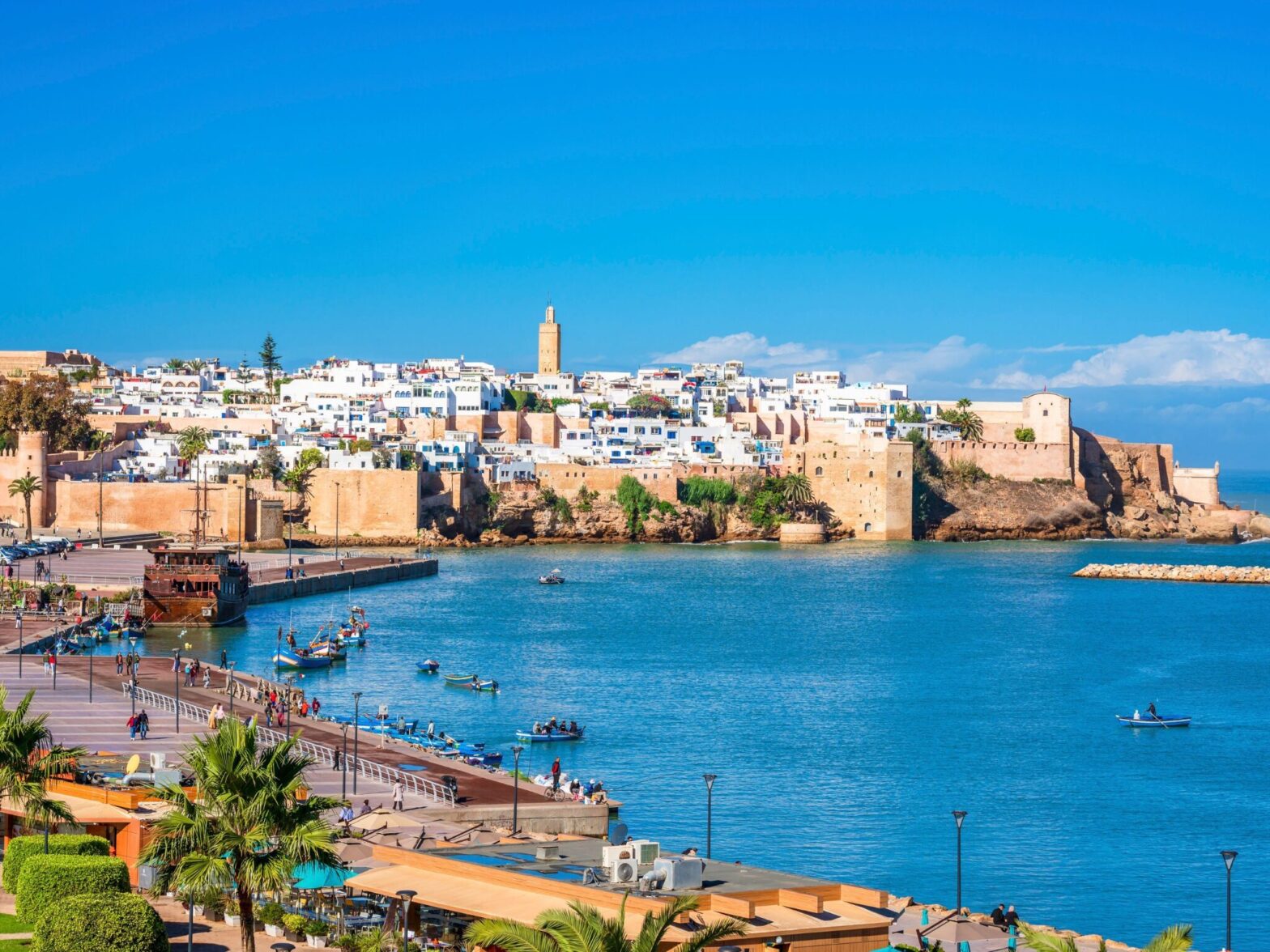At ReachTV, we believe that travel is a powerful force for good. It broadens our horizons, connects us with different cultures, and creates lasting memories. But with this privilege comes a responsibility: to ensure our journeys leave a positive footprint on the places we visit. This is the core of ethical tourism—a way of exploring the world that isn’t about sacrificing experience but about making it more meaningful for everyone involved.
Ethical tourism moves us beyond the superficial checklist of tourist sites and encourages us to engage with destinations in a way that is respectful, sustainable, and beneficial to local communities. It’s about making conscious choices, both big and small, that transform a simple vacation into a genuine act of cultural exchange and support.
So, how can you become a more ethical traveler? It starts with a shift in mindset and a few actionable steps.
The Four Pillars of Ethical Travel
To truly embrace ethical tourism, you can focus on four key principles that guide every aspect of your journey.
1. Environmental Responsibility
This pillar is about minimizing your ecological footprint and protecting the natural beauty of the places you explore. Overtourism and careless practices can have devastating effects on fragile ecosystems—but you can help preserve them.
Reduce your waste: Carry a reusable water bottle, coffee cup, and shopping bag to avoid single-use plastics. Many destinations, like Aruba, have already banned disposable plastics, making it easier for travelers to adapt.
Conserve resources: Treat water and electricity with care, just as you would at home. When possible, choose accommodations with certifications like Travelife or Green Key, which are recognized for their sustainability practices.
Leave no trace: Whether hiking a mountain trail or swimming in a pristine bay, pack out everything you bring in. Stick to marked paths to avoid harming delicate flora and fauna.
2. Cultural Respect
Travel is an opportunity for cultural exchange, but it should never come at the cost of erasing or disrespecting local traditions.
Learn a few local phrases: a simple “hello,” “please,” or “thank you” in the native language shows effort and respect.
Dress appropriately: Especially in religious or conservative communities, dressing modestly reflects cultural sensitivity.
Ask permission for photos: People are not props. Always ask before taking photos of locals—this small act preserves dignity and trust.
3. Economic Impact
One of the most direct ways to practice ethical tourism is by ensuring your spending benefits the local economy.
Eat and drink locally: Skip international chains and seek out family-owned restaurants and street vendors. You’ll enjoy authentic cuisine while directly supporting local livelihoods.
Shop at markets and artisan shops: Souvenirs bought directly from artisans carry a story—and your money goes straight into their hands rather than global corporations.
Hire local guides: Independent guides offer insider knowledge and ensure income stays within the community.

4. Animal Welfare
Ethical tourism extends to the treatment of animals. Unfortunately, many popular attractions exploit wildlife, but you can choose differently.
Do your research: Avoid elephant rides, “tiger temples,” or animal shows where welfare is compromised.
Choose ethical encounters: Support reputable sanctuaries and conservation initiatives, like Kaikoura’s Maori-owned whale-watching tours in New Zealand, where sustainability and respect are priorities.
Observe from a distance: In natural habitats, watch animals with binoculars or cameras without disturbing their routines.
Ethical Tourism in Action: Global Examples
Across the world, many countries and communities are proving that ethical tourism works when done right.
Bhutan: This Himalayan kingdom has pioneered a “high value, low impact” tourism model. By charging a daily fee, Bhutan limits visitor numbers and channels revenue directly into healthcare, education, and infrastructure—ensuring tourism benefits everyone.
Costa Rica: A leader in ecotourism, Costa Rica protects over 25% of its land as national parks and reserves. On the Osa Peninsula, eco-lodges and conservation projects work hand-in-hand with locals, offering visitors an immersive, responsible experience.
Iceland: With strict environmental policies and a strong emphasis on renewable energy, Iceland demonstrates how tourism can thrive while safeguarding its natural wonders.
Kenya: Community-led safaris and conservation projects allow tourists to experience incredible wildlife while ensuring that profits go to local villages and anti-poaching initiatives.
These destinations prove that ethical tourism is not only possible—it’s transformative.
How You Can Make a Difference
Becoming an ethical traveler doesn’t mean perfection. It’s about progress and mindfulness. Here are a few ways you can elevate your travel experiences:
Stay longer, travel deeper: Instead of quick city-hopping, spend more time in fewer destinations. This reduces carbon emissions and allows for richer cultural immersion.
Choose slow travel options: Trains, buses, or bikes not only cut emissions but also let you see places you’d miss on a flight.
Educate yourself: Learn about local history, traditions, and challenges before you arrive. The more you know, the more respectful and engaged your trip will be.
Be a role model: Others notice your actions. By practicing ethical habits, you inspire fellow travelers to follow suit.
A New Way to See the World
Ethical tourism isn’t about depriving yourself—it’s about gaining more. More authenticity, more connection, more meaning. It transforms travel from a passive experience into an active force for good.
When you make conscious choices, you don’t just collect memories—you contribute to legacies. You protect ecosystems, empower communities, and safeguard traditions. And in doing so, you come home with something far greater than souvenirs: a sense of purpose and pride.
At ReachTV, we believe the best adventures are those that leave the world a little better than you found it. By embracing ethical tourism, you’re not just a traveler—you’re part of a global movement to make travel a force for positive change.



